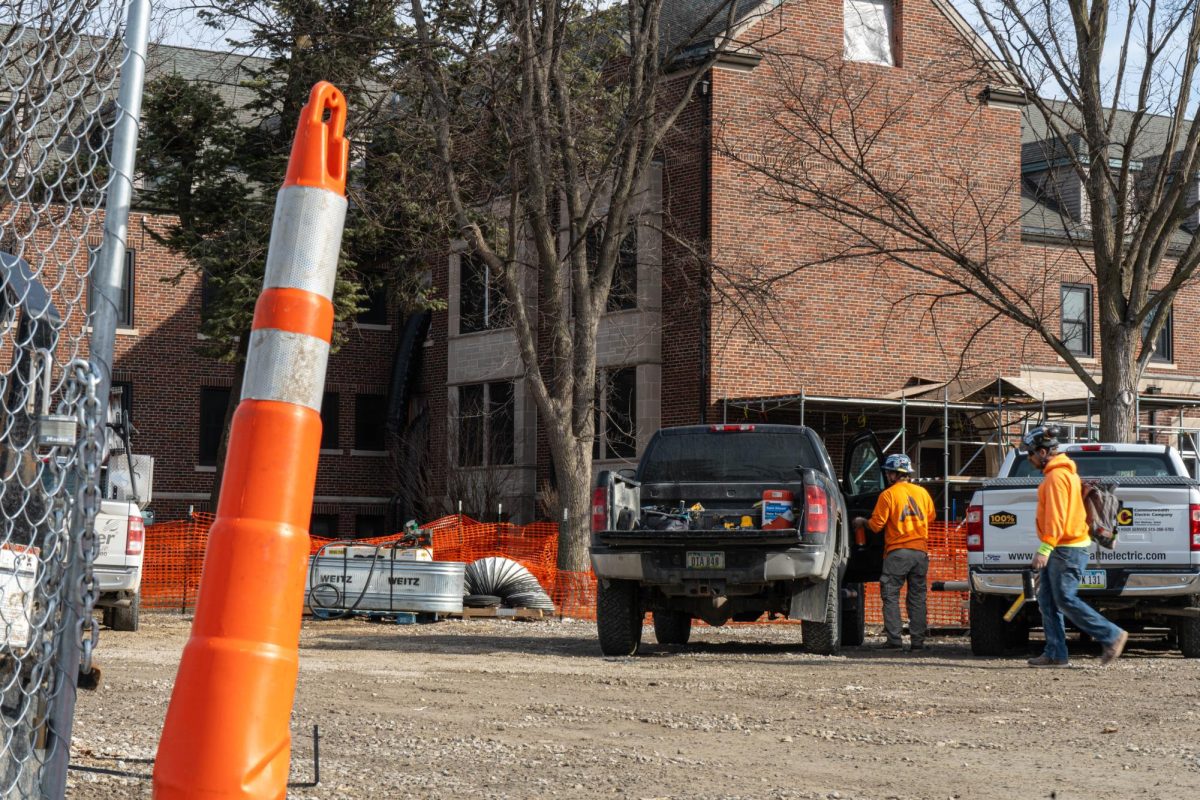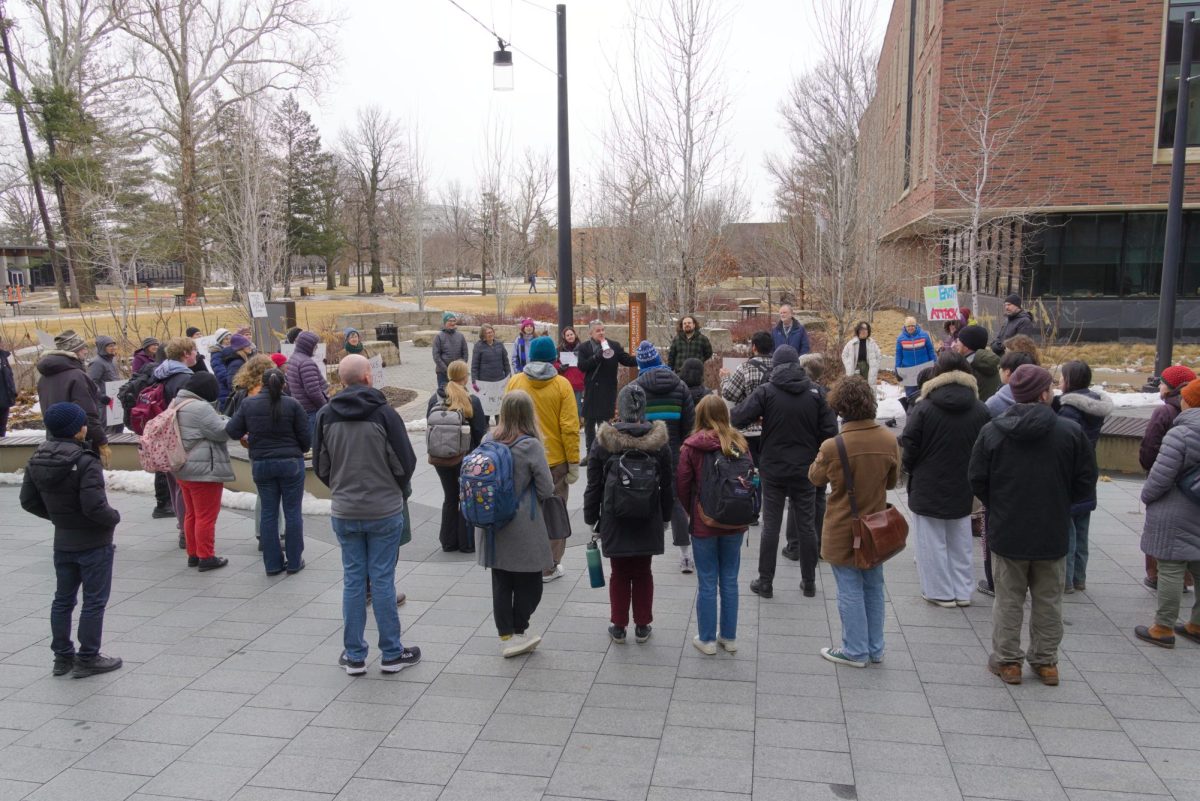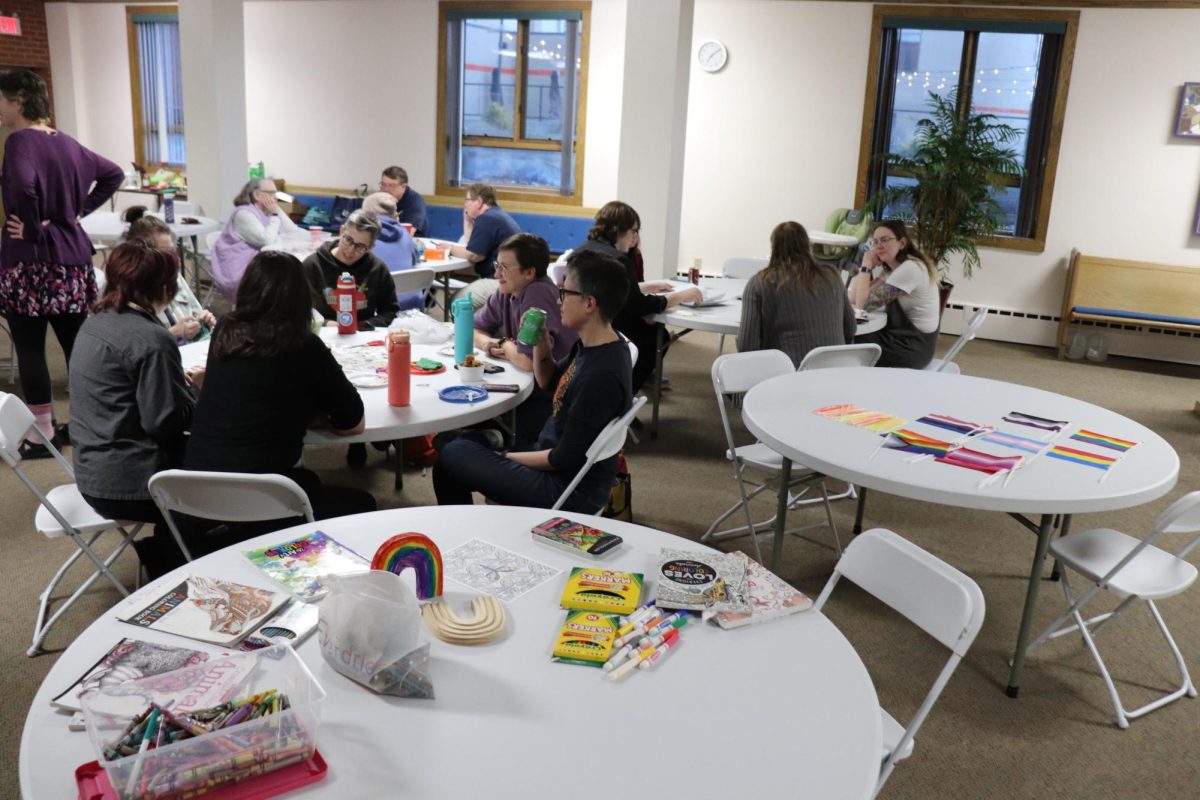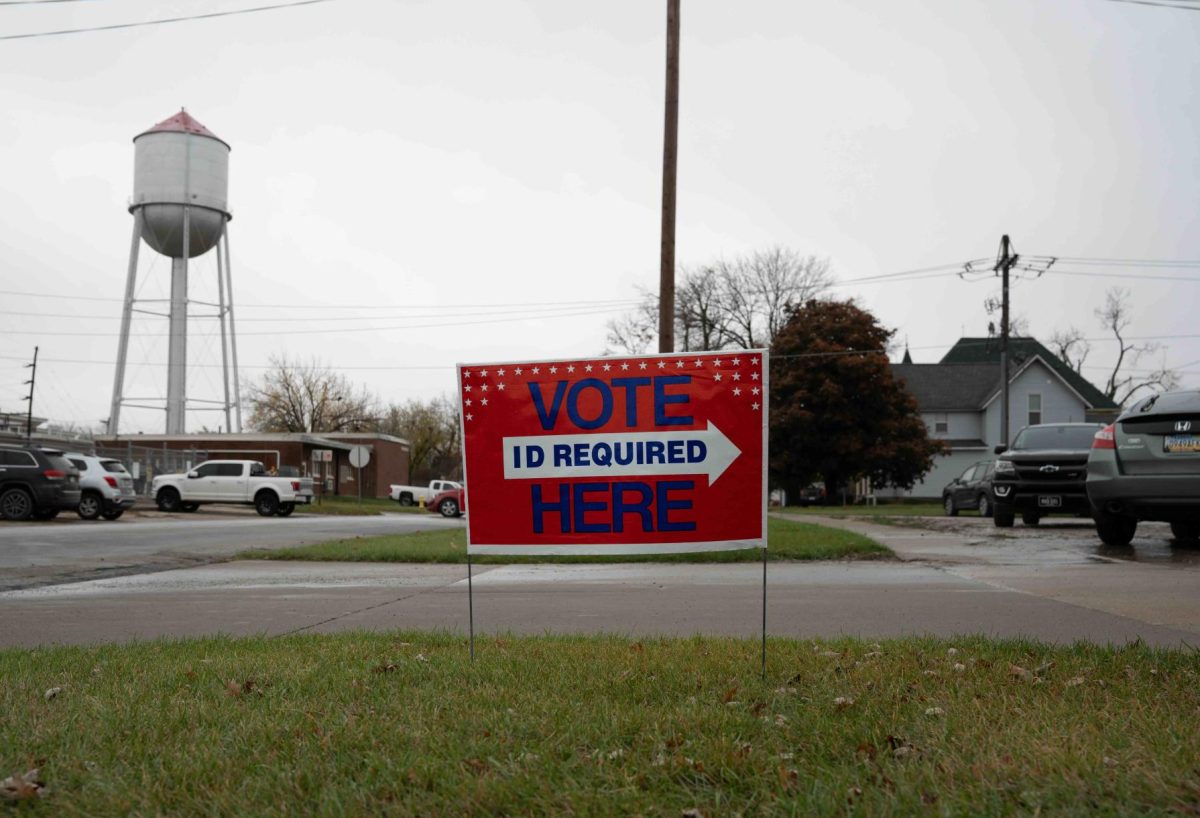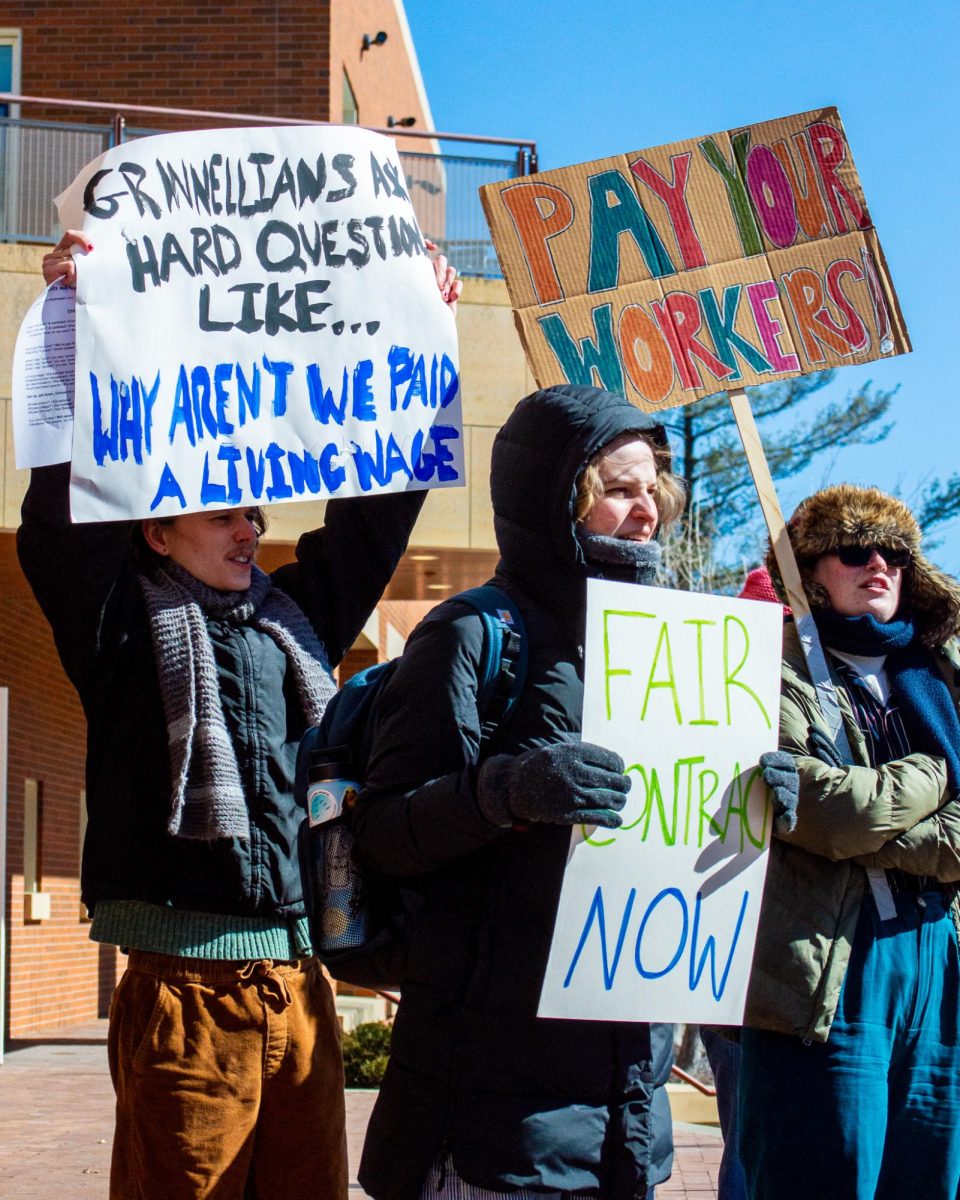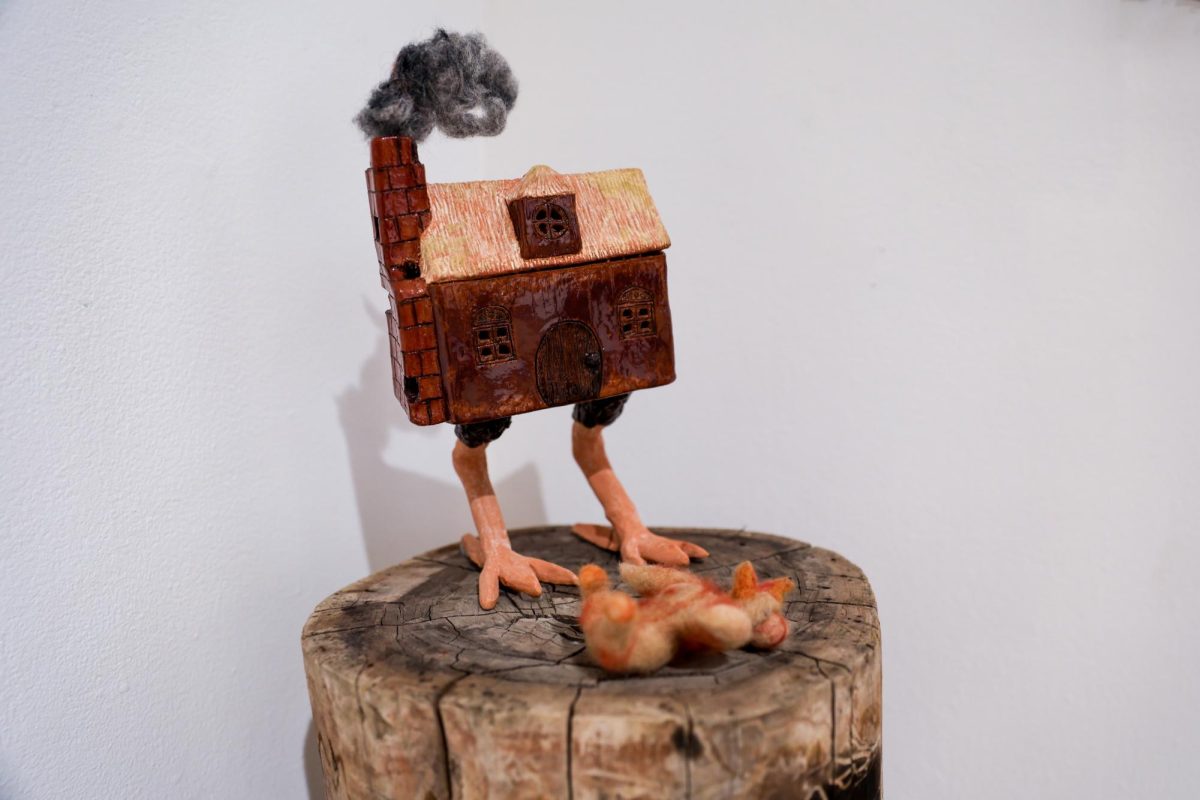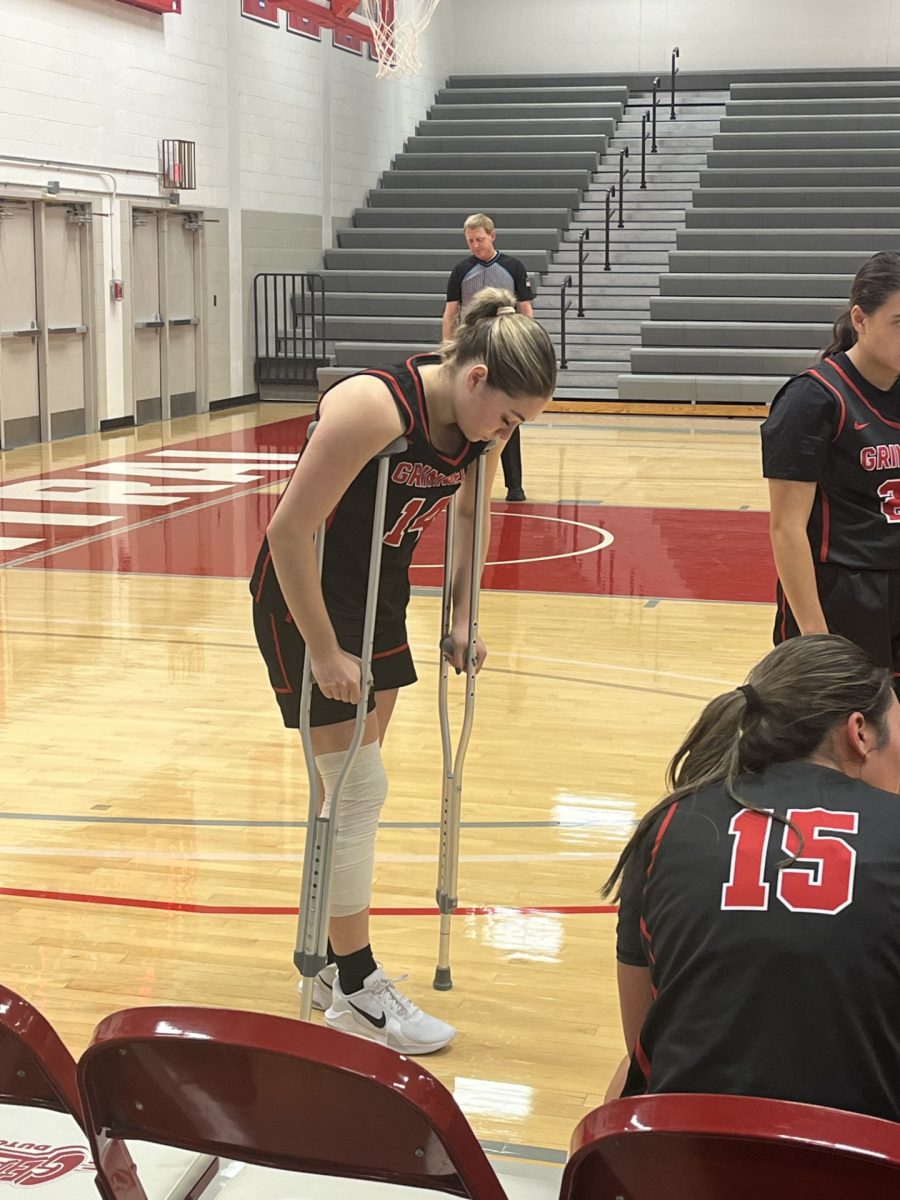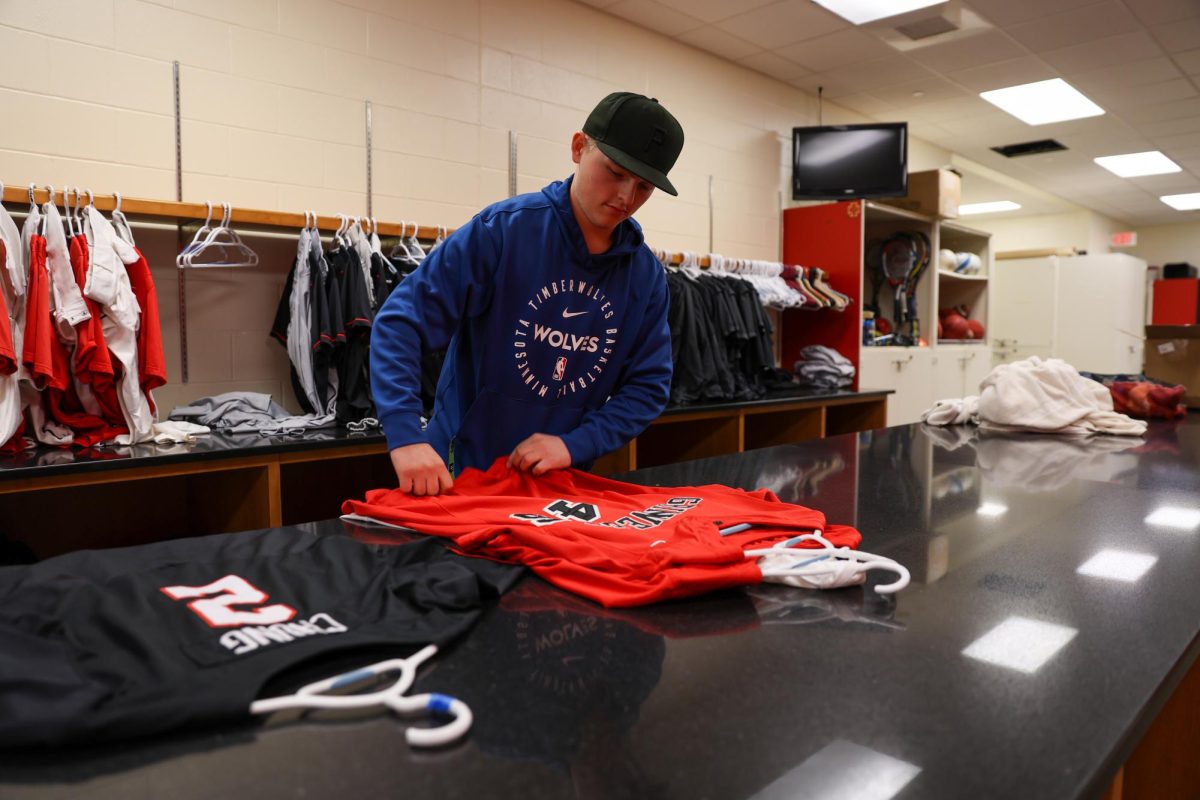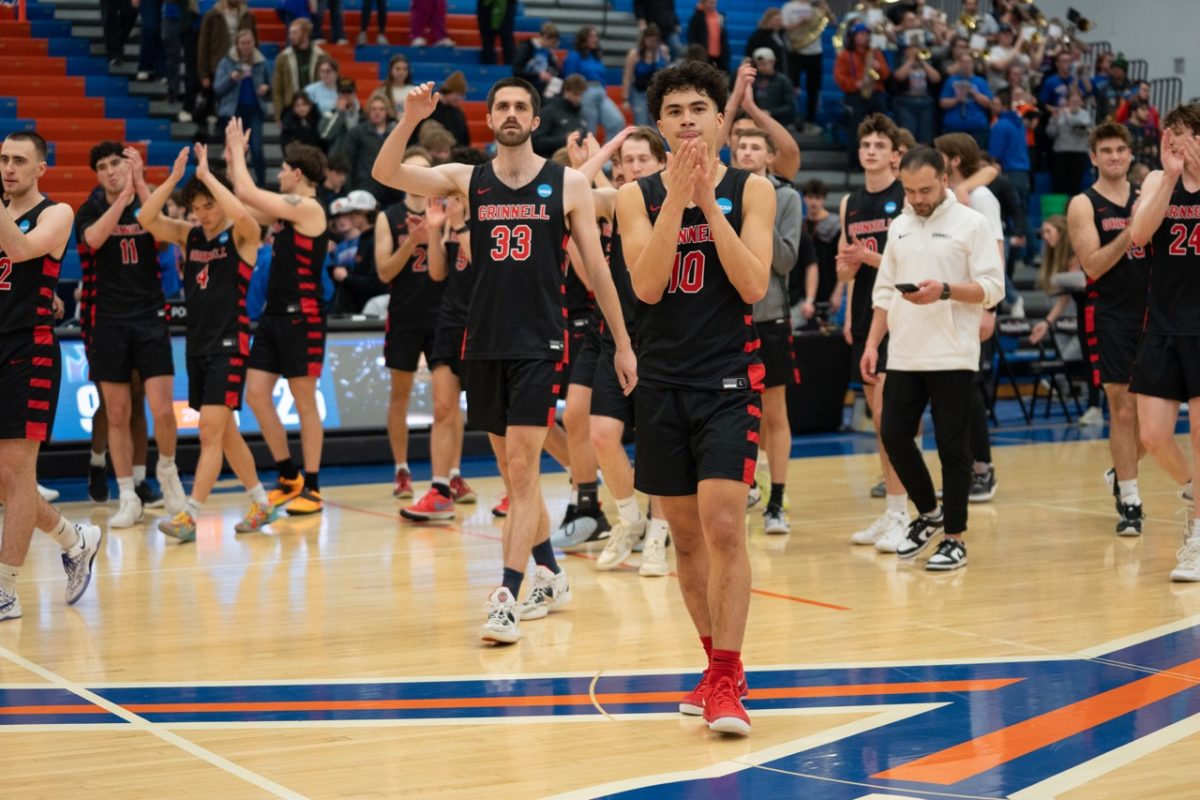By Sarah Licht
lichtsar@grinnell.edu
Community fines are a feature of dorm living in which residents share the cost of damages occurring on their floors or in their buildings.
Joe Rolón, director of residential life, said that the idea of community fines is the best option for many universities. “There is always a cost attributed to replacing items or cleaning of large messes. So if no one individual or group of people are identified or take responsibility, then the cost is divided [equally] among the specific residence or floor where the damage or mess occurred,” Rolón said. If the person responsible for the damage comes forward, however, the community fine is dropped.
Although splitting the cost equally does lower the fine that each resident must pay, it also ensures that all residents on the floor or dorm in question face some of the punishment for something that they did not do. Some interviewed residents of Loose, a dorm which has been hit with multiple community fines this year, say that it is unfair to have everyone pay if the people responsible do not take accountability for their actions.
“If something happens once and there’s a fine, I think that people should have the decency and self-gov-ness [not] to do it again,” said Zoe Whittle ‘21.
Loose residents also noted the impact that these fines have on low-income students. “[Community fines] would disproportionately affect low-income students who may or not have the extra money to pay for a mess or damage they didn’t make,” said Charles Peppers ‘22.
Rolón said that community fines might not be the most effective way to discourage damage to public areas in dorms. “For some, a financial cost – no matter how small – is enough to warrant students taking pride and ownership in their halls. For others, they may not care and continue to choose to cause damage or disarray in the halls,” Rolón said.
Self-governance is most effective when all members of the College are willing to do what is best for everyone. In cases where people are not willing to take responsibility for their actions, as seen with community fines, everyone is penalized. Aside from the monetary loss from community fines, damages to dorms impact all residents of that dorm.
“I kind of wish people would clean up after themselves some more. I appreciate having a clean, shared space, and I feel like, as we live together, we should have some respect for each other,” said Mica Lin-Alves ‘22, another Loose resident.
A perspective often left out of discourse on community fines and self-governance in general is that of the people who have to clean up and fix any dorm damages. The onus is largely on facilities management to clean up excessive messes, which they should not have to deal with.
“I think it is also important to note the impact that this has on custodians. Custodians are not servants. They are people that deserve respect. By leaving behind an egregious mess for custodians to clean, it implies a great disrespect. Custodians are a vital part of the Grinnell community. Damages in the halls and flagrant messes show a lack of respect to custodians, to the residence hall, and the community.” Rolón said on behalf of the Facilities Management staff members who have to pick up after messy students.
Still, Rolón remains optimistic that community fines will eventually be no longer be caused. “I am hopeful that once this is understood, then there will be little to no damage in the halls and thus no need to dispense community fines.” In the meantimes, it is still on students to hold one another accountable and pay fines when they do arise.
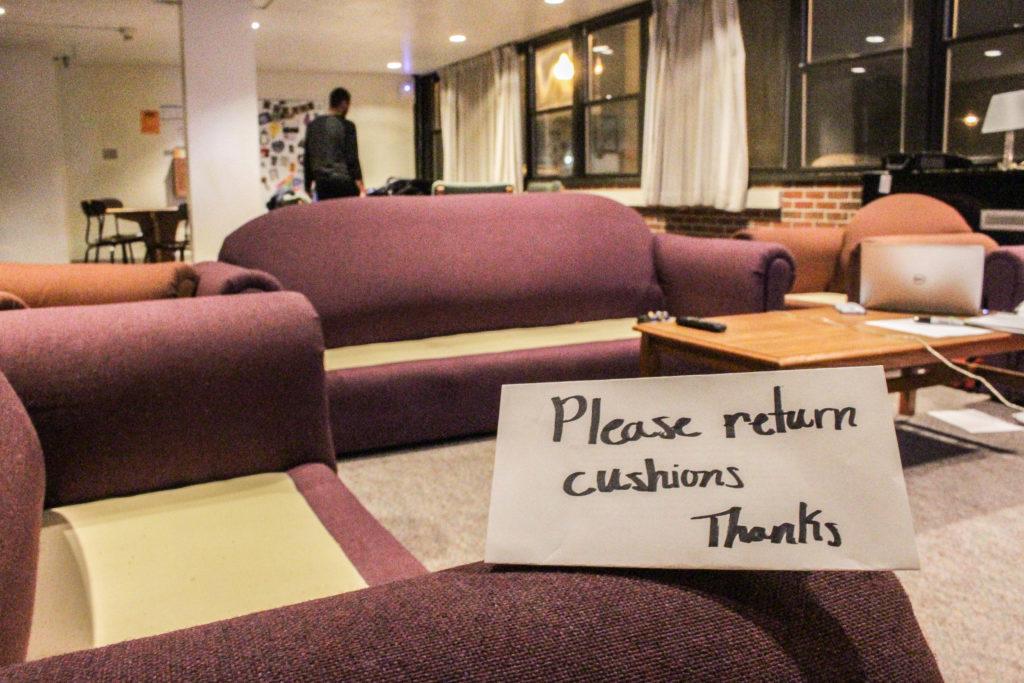
Photo by Shabana Gupta

